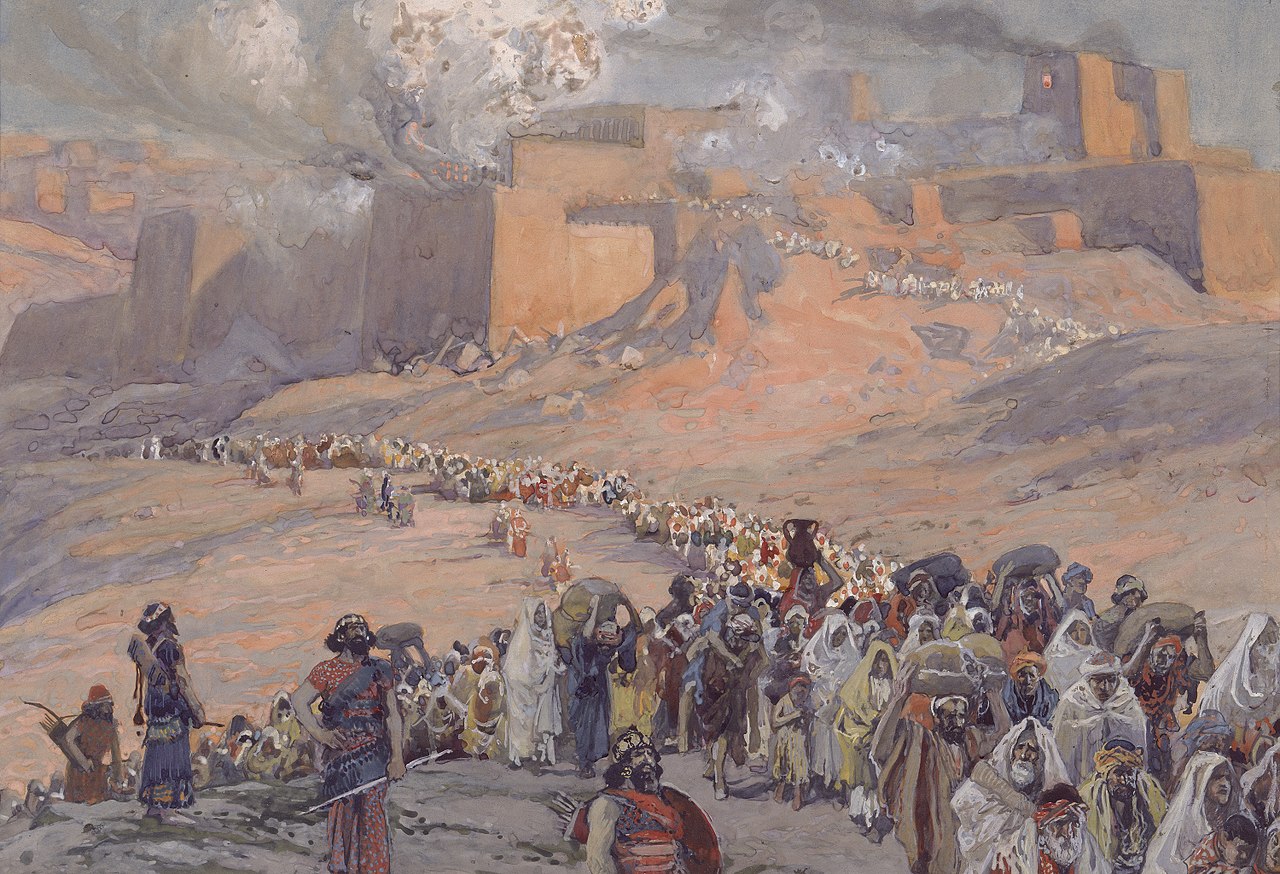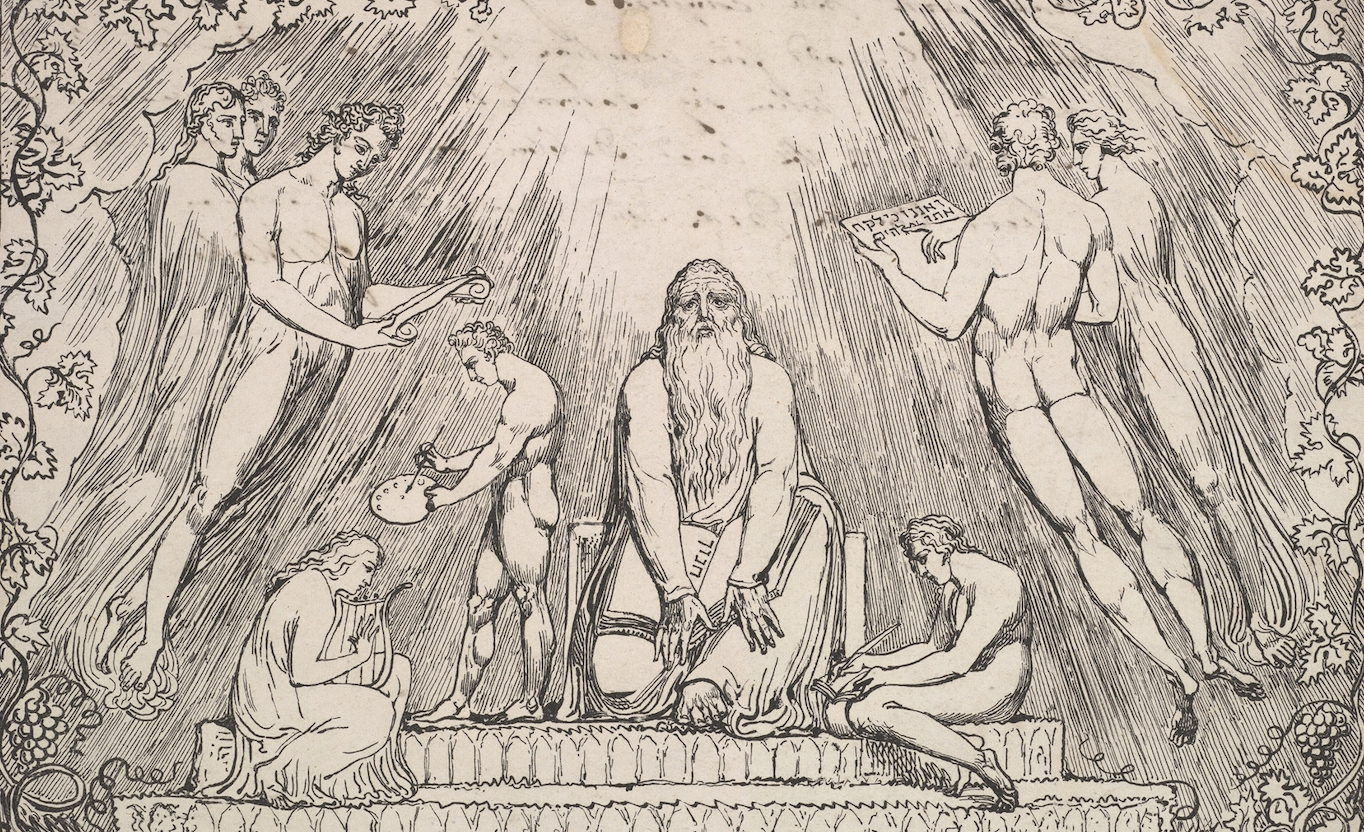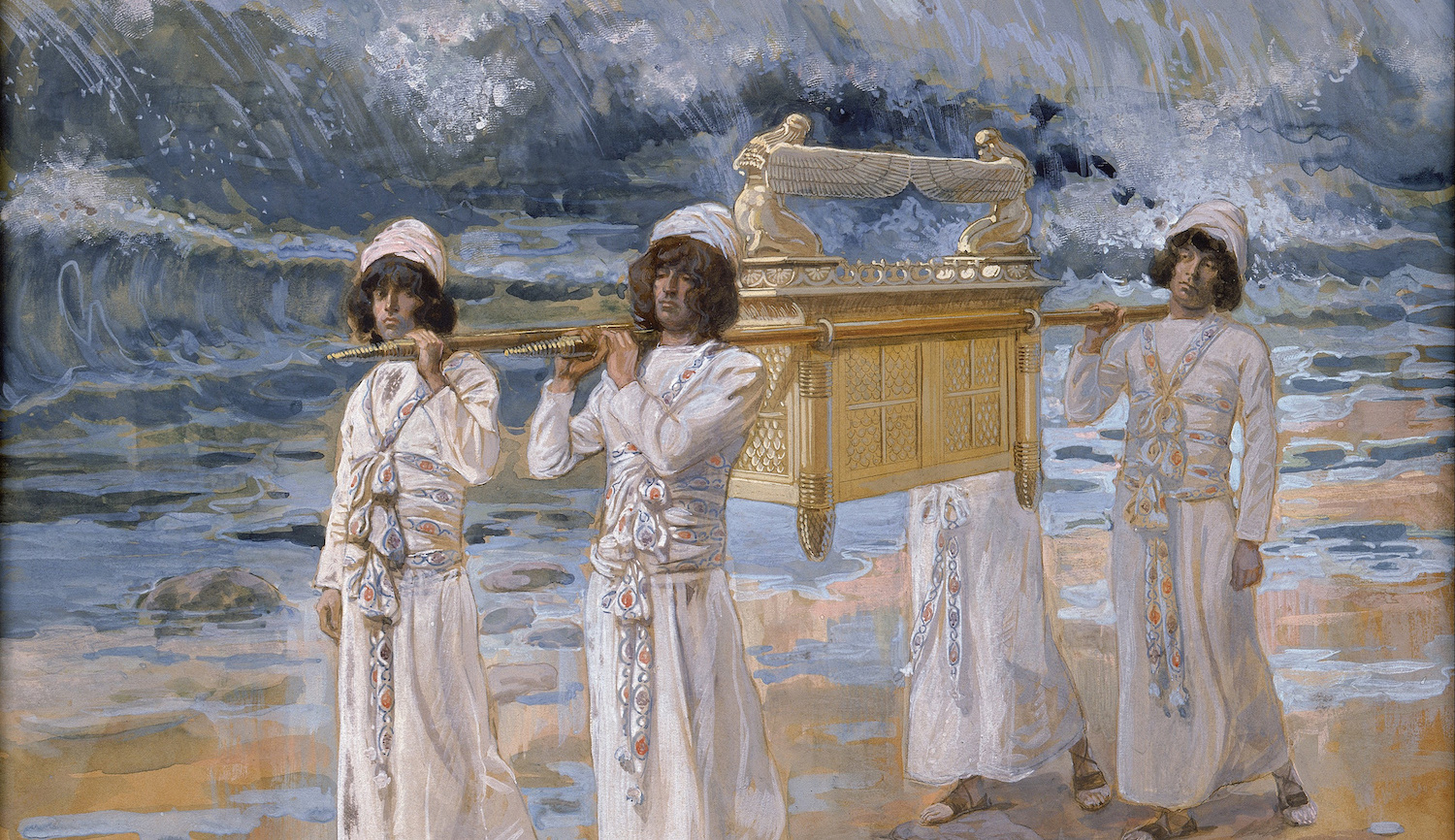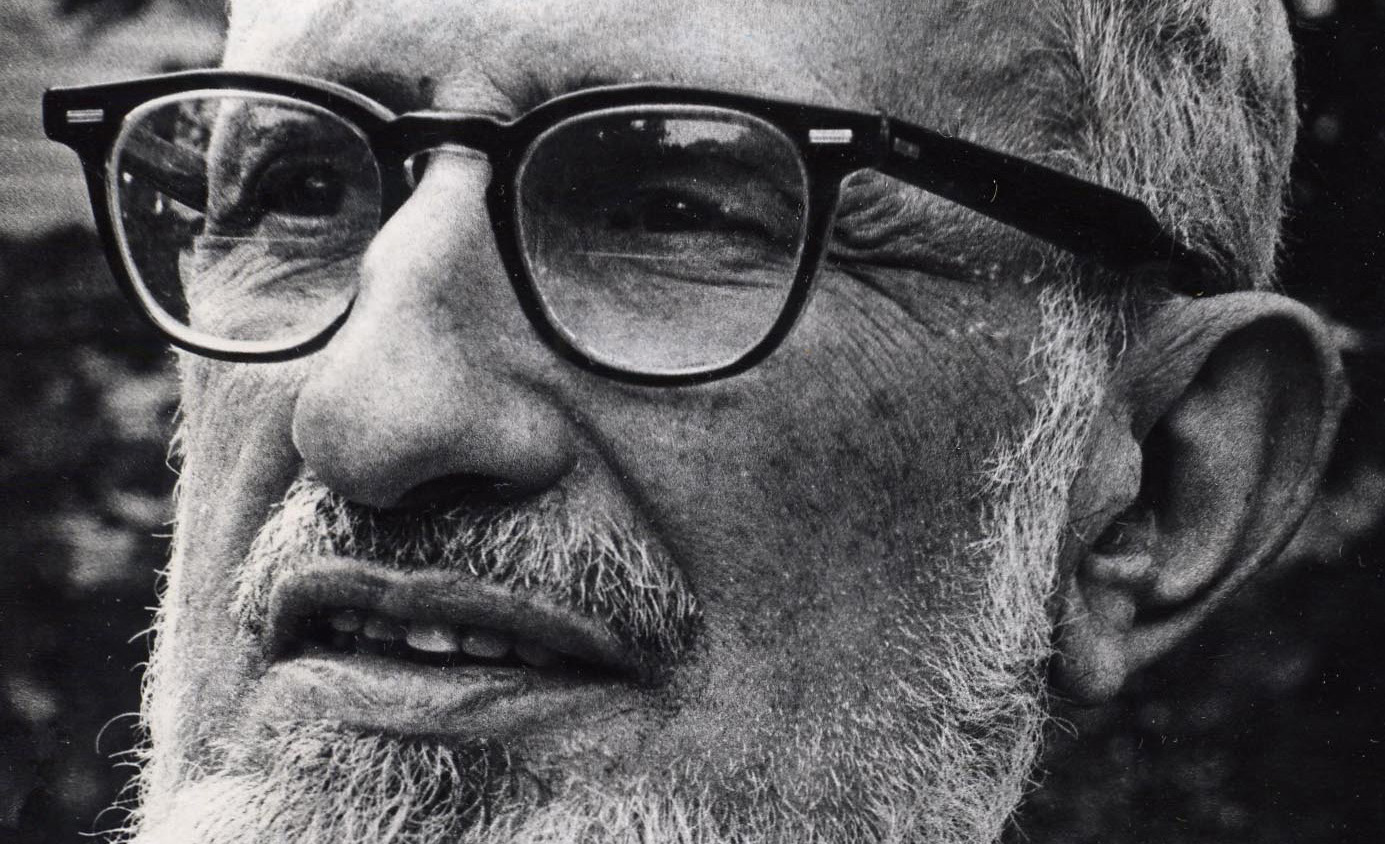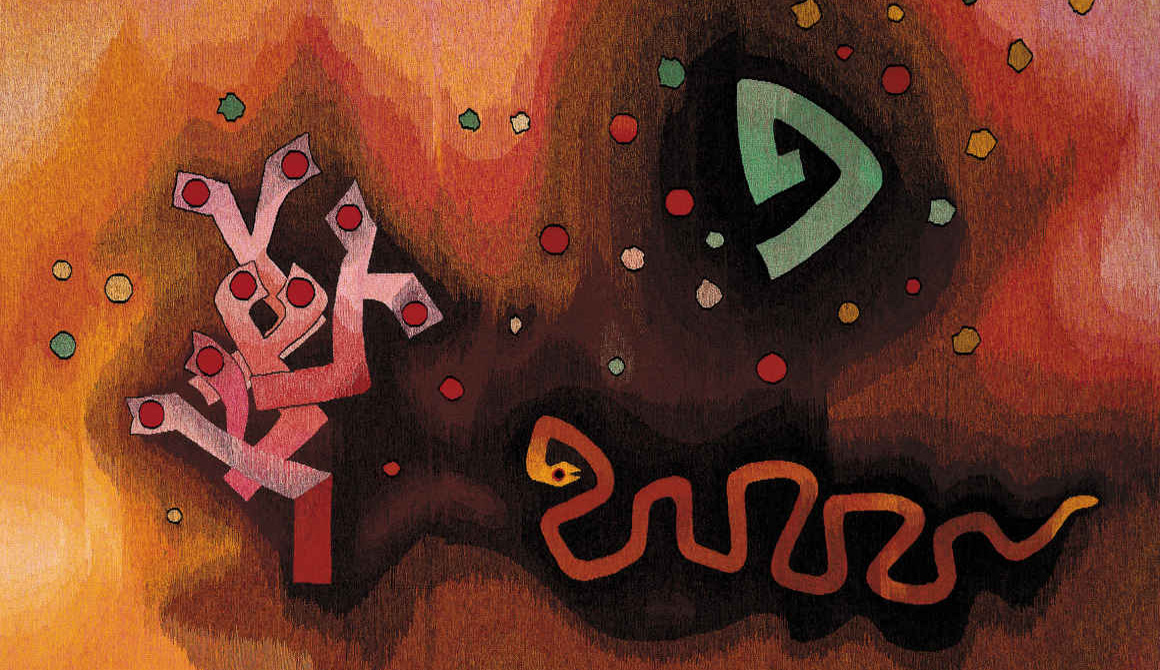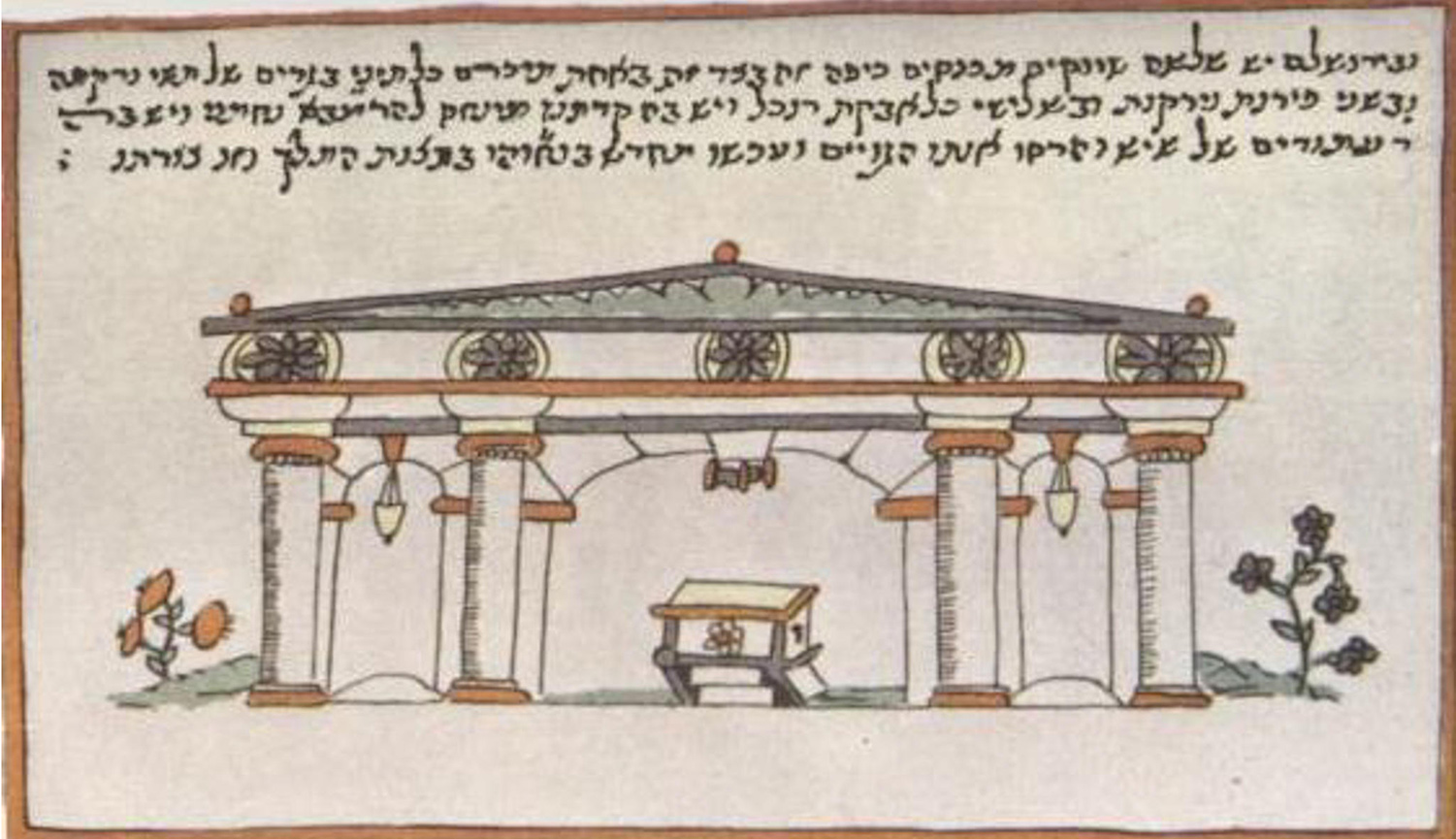Jon D. Levenson
Jon D. Levenson is the Albert A. List Professor of Jewish Studies at Harvard University and the author of Inheriting Abraham: The Legacy of the Patriarch in Judaism, Christianity, and Islam (Library of Jewish Ideas; Princeton University Press).
Podcast: Jon Levenson on Understanding the Binding of Isaac as the Bible Understands It
The temptation is overwhelming to excuse or soften the drama of Genesis 22. A leading professor of Jewish thought explains how to get past that, and what meaning lies beyond it.
When Did Judaism Begin?
A new book called The Origins of Judaism places the momentous occurrence much later in time than that proposed by most scholars. Is it right?
All Diversities But One: Why American Universities Put Religion Aside
Diversity has become a prime goal in the world of higher education. How did religious diversity get left out of the mix?
Did Jews Really Believe There Were Two Gods in Heaven?
That’s the contention of a new book by a major historian of ancient Judaism. It deserves serious attention, but it also overstates its case.
Does the New Testament Support Christian Zionism?
There are formidable new interpretive resources to make that case.
On Confusing One's Own Views with the Bible's
It’s hard to extract universal philosophical or political lessons from a set of books that is so resolutely particular.
A Tale of Two Soloveitchiks
One Soloveitchik warned about the dangers of Jewish-Christian dialogue. Another, his forebear, tried to intensify such dialogue, or so a third member of the family now argues. Is he right?
What It Means to Read the Bible as Nothing More than Great Literature
Like all of the other methods that have been devised for approaching the Bible, the literary method has its inevitable limitations.
The Contrast Between the Bible's Idea of History and the Modern Idea
In the Bible there is no solid differentiation but rather fluidity among what we moderns call past, present, and future.
Comparing (and Contrasting) Catholic and Jewish Reactions to the Modern Liberal Order
For traditional Jews and Catholics alike, liberalism has presented parallel but different dangers; so has anti-liberalism.
A Museum for the Bible in a Religiously Diverse Land
There is no neutral or “universal” way to read—or exhibit—the Bible. What, then, can an American museum of the Bible strive to accomplish?
Deeper Reasons for the Bias in Biblical Studies
There is a liberal slant in biblical studies, but it has an older and more persistent source than merely the general liberalism or leftism of today’s academy.
"Is the Torah a Work of Philosophy?" An Exchange
Kenneth R. Seeskin and Jon D. Levenson debate the power and the limits of philosophical reflection on the Hebrew Bible.
The Inescapable Personhood of God
If philosophers are to read the Bible properly, they need a philosophical model that is not embarrassed by the living God who is considered to act in history.
Is the Torah a Work of Philosophy?
As the latest attempt to draw universal ethical principles from the Bible shows, philosophical investigation of its text offers the prospect of great rewards—and grave dangers.

